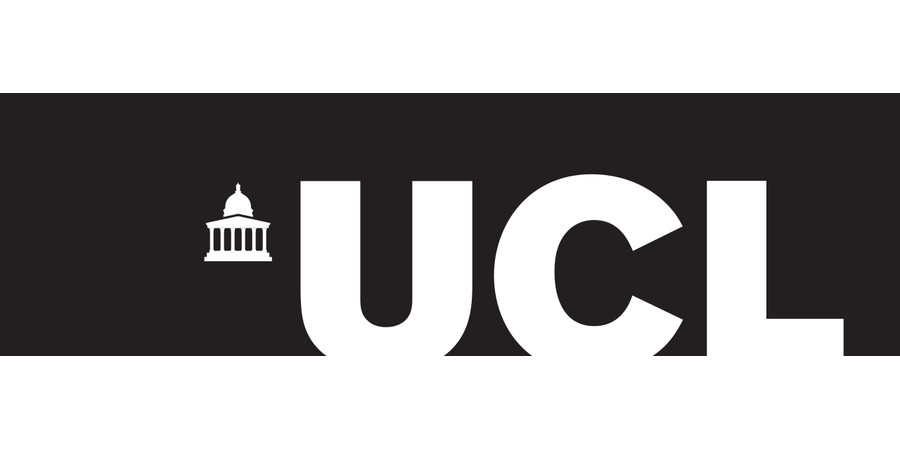Research Fellow
UCL - Great Ormond Street Hospital for Children
| Location: | London |
|---|---|
| Salary: | £43,124 to £51,610 |
| Hours: | Full Time |
| Contract Type: | Fixed-Term/Contract |
| Placed On: | 7th January 2025 |
|---|---|
| Closes: | 21st January 2025 |
| Job Ref: | B02-08183 |
About us
The mission of the UCL GOS Institute of Child Health is to maximise and advocate for the holistic health of all children, young people and the adults they will become, through world-class research, education and public engagement. The UCL GOS ICH, together with its clinical partner Great Ormond Street Hospital for Children, forms the largest concentration of children’s health research outside North America. The 2024-29 GOS ICH strategy focuses on its five scientific programmes. GOS ICH’s activities include active engagement with children and families, to ensure that our work is relevant and appropriate to their needs. GOS ICH generates the funding for our research by setting out our proposals in high quality applications to public, charitable and industrial funding bodies and disseminates the results of our research by publication in the medical and scientific literature, to clinicians, policy makers and the wider public. Th e Institute offers world-class education and training across a wide range of teaching and life learning programmes which address the needs of students and professional groups who are interested in and undertaking work relevant to child health. GOS ICH holds an Athena SWAN Charter Gold Award.
About the role
There are several inherited metabolic disorders that affect the lysine catabolic pathway e.g. the vitamin B6-responsive epilepsy disorder ALDH7A1-deficiency. These disorders result in an accumulation of metabolites which are thought to be toxic to the body and in the case of ALDH7A1-deficiency result in neurodevelopmental delay. The successful applicant will work as part of a team of scientists on a laboratory based study to set up high throughput mass-spectrometry based quantitative assays for the analysis of biomarkers for ALDH7A1-deficiency. The resulting biomarker assays will ensure prompt diagnosis of this disorder and will allow for monitoring of patients re ceiving treatment.
About you
You are a Post-Doc with a BSc and a PhD in a Biological Science or similar and have a good knowledge of Biochemistry. You must have experience of working in a scientific laboratory and be proficient in mass spectrometry, especially LC-MS/MS, and biochemistry. You must have knowledge of how to establish and validate LC-MS/MS methods to quantify metabolites in patient samples and experience of bringing these methods to levels needed so that they can be used as part of a clinical diagnostic service. In addition to conducting the research, you will be involved in reporting the progress of the research to the funders of this grant on a monthly basis as well as communicating the results in scientific presentations.
What we offer
Visit https://www.ucl.ac.uk/work-at-ucl/reward-and-benefits to find out more.
Our commitment to Equality, Diversity and Inclusion
As London’s Global University, we know diversi ty fosters creativity and innovation, and we want our community to represent the diversity of the world’s talent. We are committed to equality of opportunity, to being fair and inclusive, and to being a place where we all belong. We therefore particularly encourage applications from candidates who are likely to be underrepresented in UCL’s workforce. These include people from Black, Asian and ethnic minority backgrounds; disabled people; LGBTQI+ people; and for our Grade 9 and 10 roles, women. You can read more about our commitment to Equality, Diversity and Inclusion here : https://www.ucl.ac.uk/equality-diversity-inclusion/ If you have any queries regarding the application process, please contact Madhur Sharma on ich.hr@ucl.ac.uk quoting job reference B02-08183
Advert information
Type / Role:
Subject Area(s):
Location(s):









